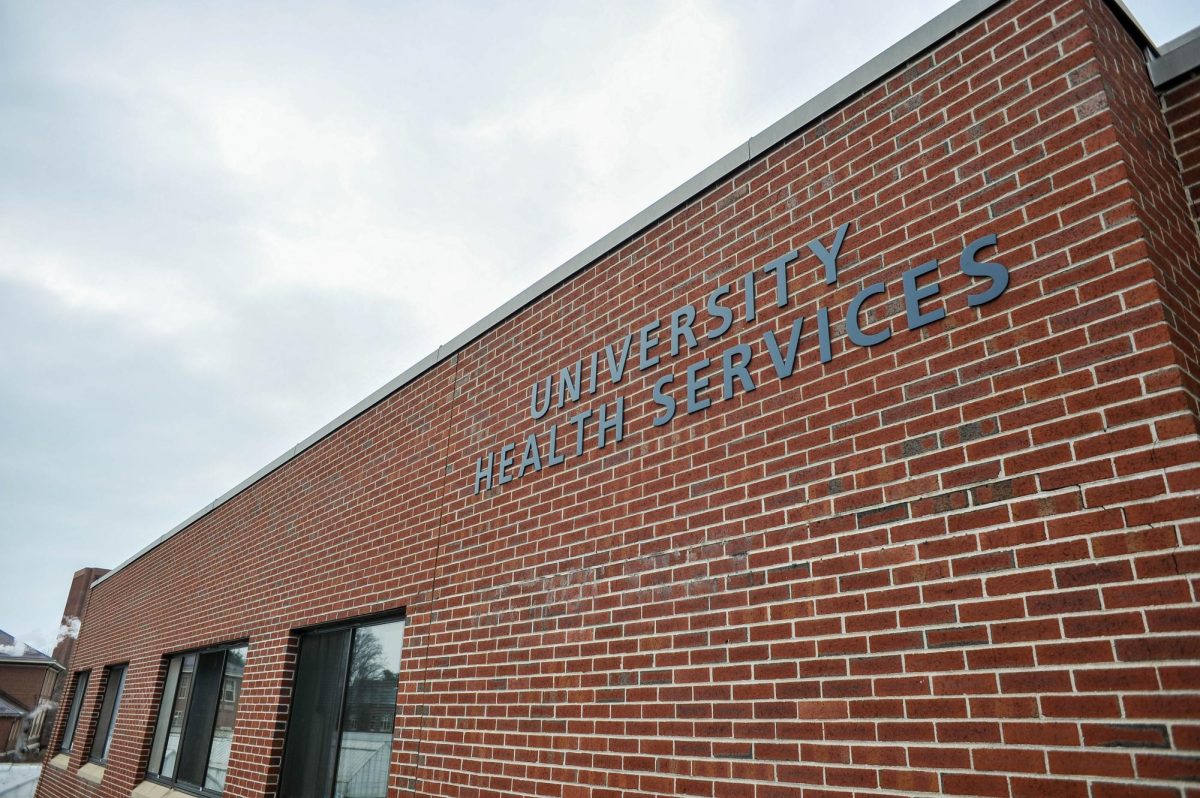
To the UMass Amherst Community,
According to the Bureau of Labor Statistics and the Census Bureau, the price of textbooks has risen 1041 percent since 1977. As a result, according to a 2014 U.S. PIRG (Public Interest Research Group) study, 65 percent of students have reported that they have forgone buying a textbook because of its cost. So it should come as no surprise that another 14 percent of students have dropped a class because they feel unprepared due to a lack of affordable textbooks.
Though, students are able to save up to 20 percent on the cost of textbooks by opening educational resources.
Open Educational Resources (OERs) are openly licensed, low cost or free teaching materials. OERs that are available include: syllabi, videos, podcasts, lecture notes, course outlines, textbooks and more. The W. E. B. Du Bois Library at The University of Massachusetts has been actively promoting OER to the faculty since 2011 through their Open Education Initiative. The library has saved students upward of $1.3 million, although more can be done to increase savings.
Currently, the library gives small incentive grants to faculty who wish to participate in the initiative. The grants are meant to compensate faculty for the time it takes to adopt, adapt or create their own educational materials.
This program only works if there is a noticeable demand for it. Our purpose in writing this letter is to make more faculty and students aware of this great program.
Faculty, we want you to consider using OER for your classes if possible. You will be saving your students a considerable amount of money and removing a significant barrier to academic success.
Students, reach out to your professors and teachers. Let them know about OERs and how the UMass Amherst libraries can support them. We must be invested in our education and take action to demand that the University supports the increased use of OERs, whenever possible.
It is no secret that the cost of a college education has risen over the past several decades. There appears to be no sign of change in that trend in the near future. This is why it is inherently important that colleges and universities find other ways to reduce costs outside of mandatory tuition and fees, and enlisting the usage of OERs are a tremendous means of doing so.
Secretary of University Policy Lucas Patenaude
UMass SGA


















